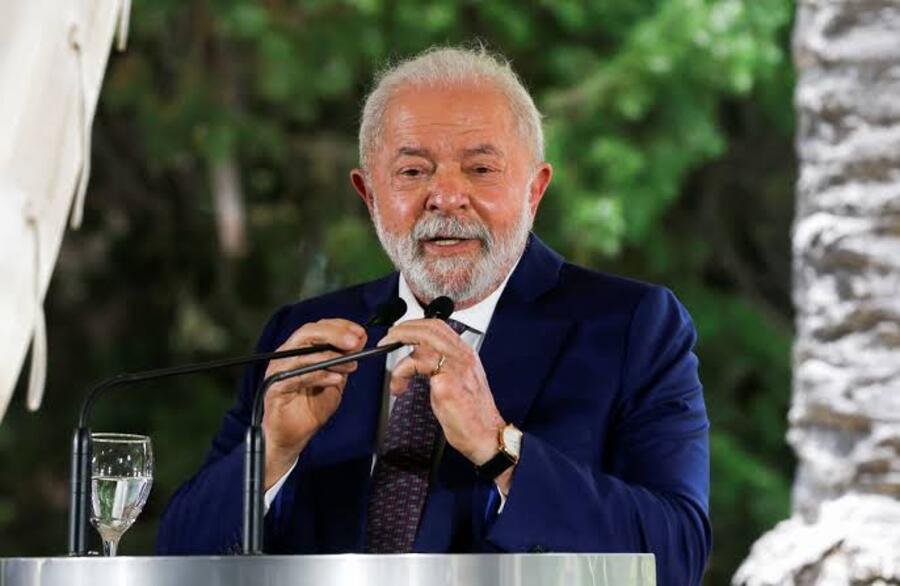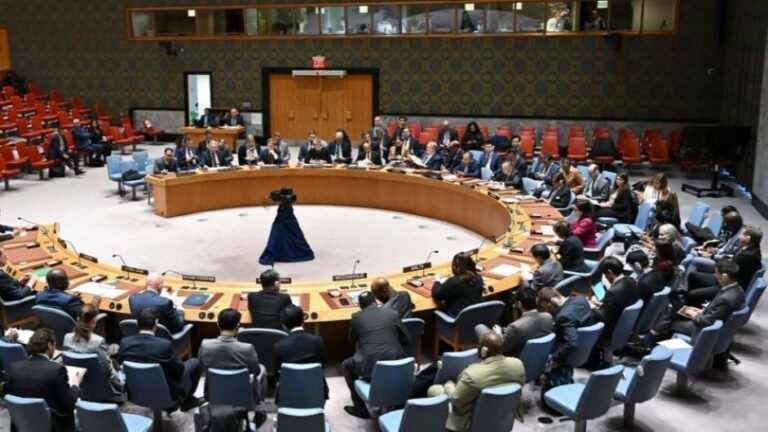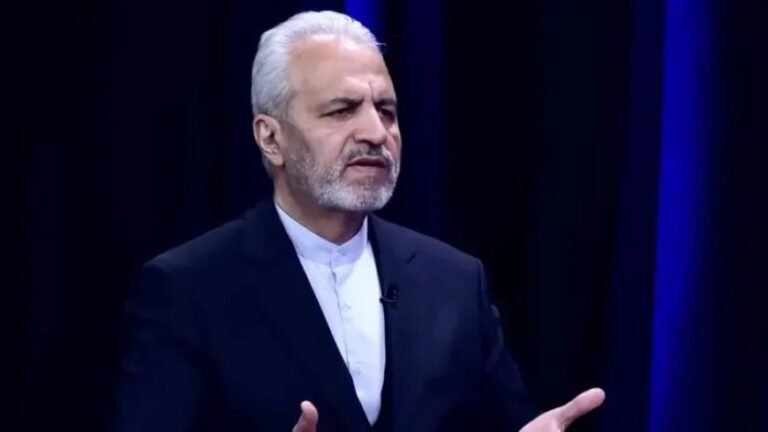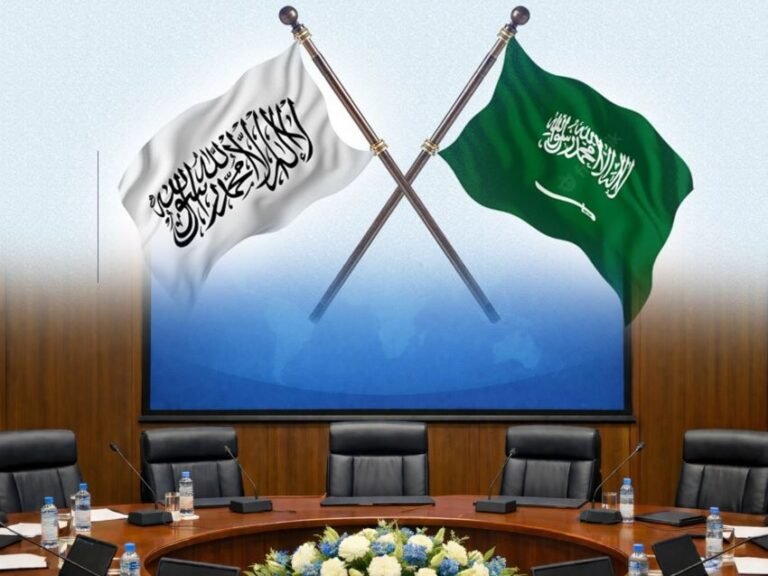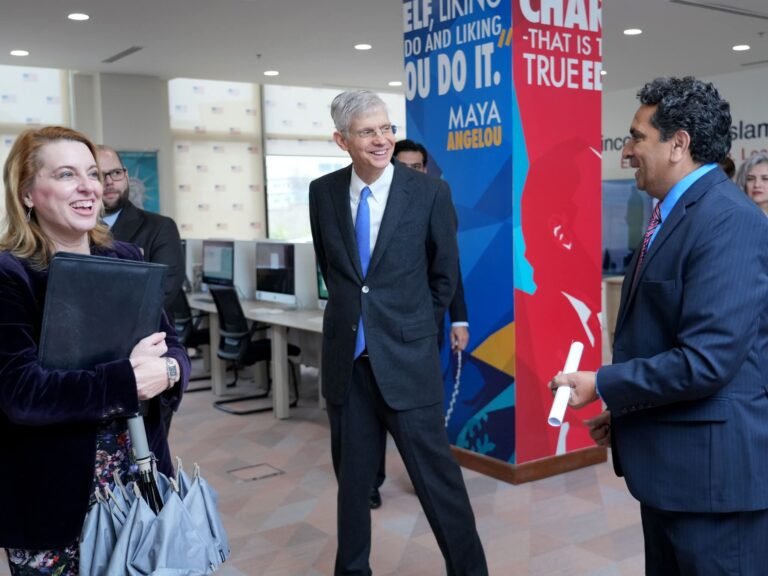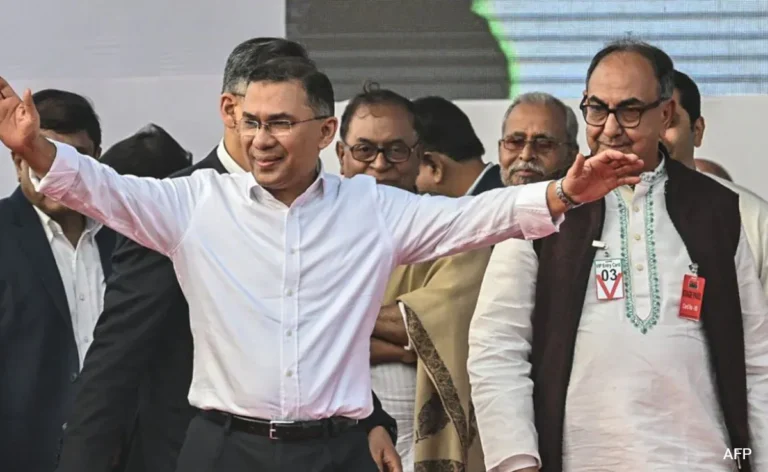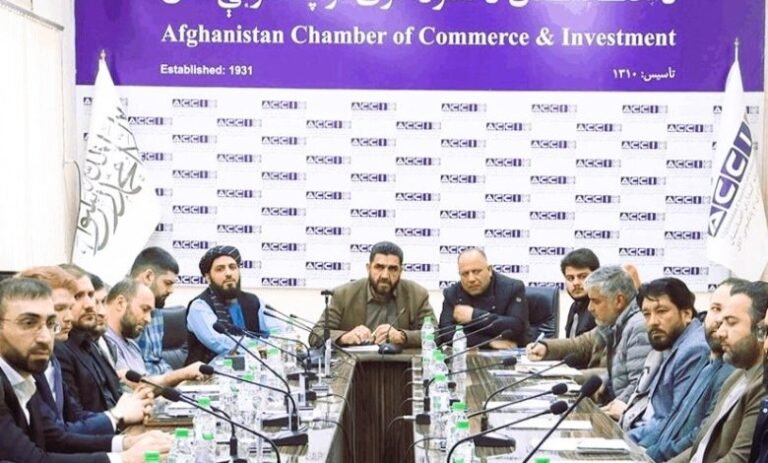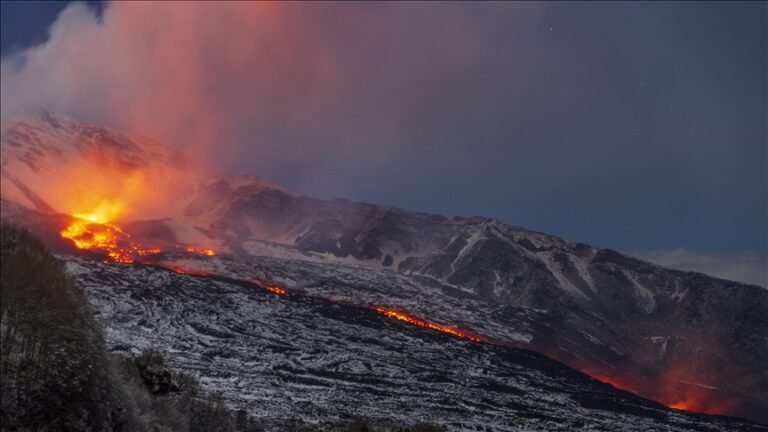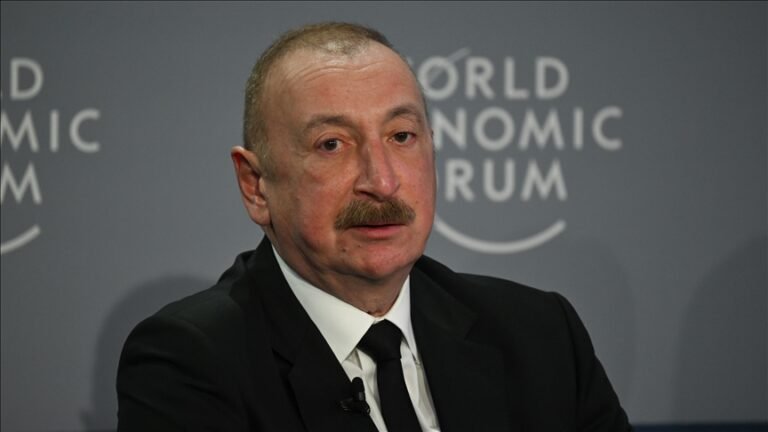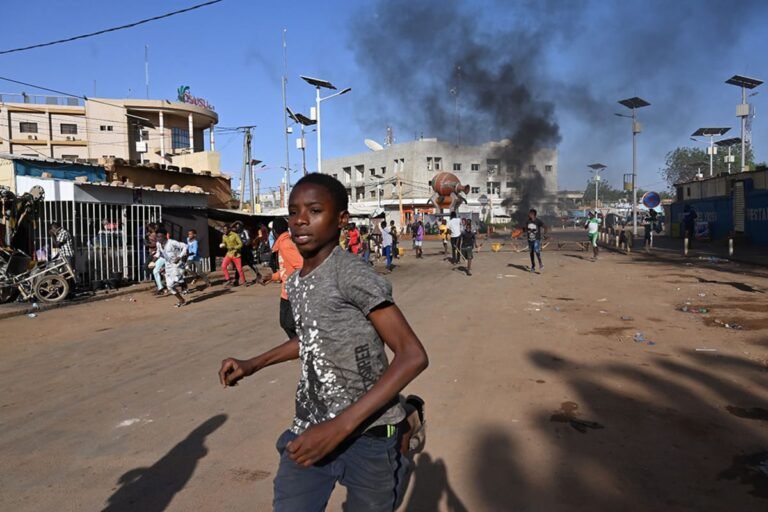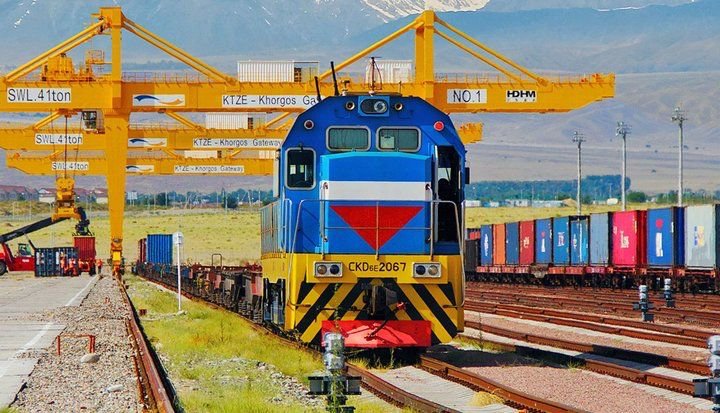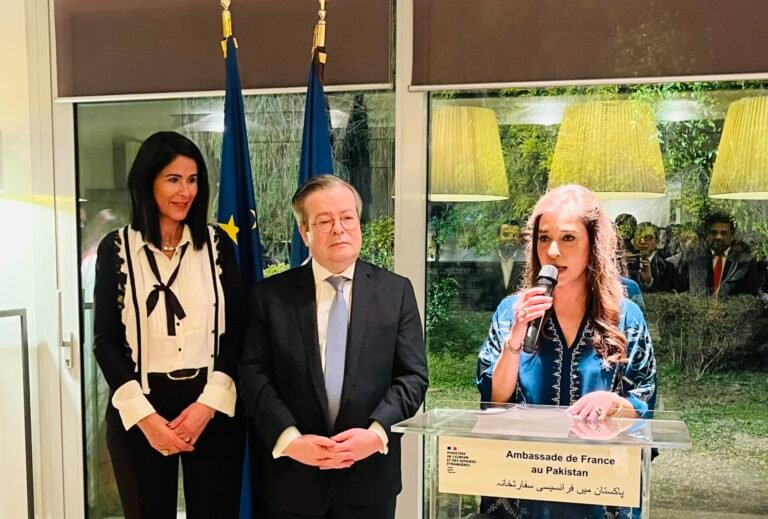Brasília (TDI): As US tariffs on Brazilian goods jumped to 50% on Wednesday, President Luiz Inácio Lula da Silva has opted against contacting Donald Trump directly, saying he sees little value in doing so at the moment.
Lula made it clear he would not pursue a conversation with Trump unless he sensed a genuine willingness from the US side, according to Reuters. “If I feel Trump is open to dialogue, I’ll call him without hesitation,” he said. “But right now, my instinct tells me he’s not interested, and I won’t put myself in a position of humiliation.”
Instead of retaliating with matching tariffs, Lula intends to approach the matter through diplomatic channels and multilateral forums. He revealed plans to engage with the leaders of India and China to coordinate a BRICS-level response to what he described as Washington’s push toward unilateral trade practices.
Read More: Trump’s Tariff Barrage Begins, Some Rates Soar to 50%
“Trump is challenging multilateralism,” Lula remarked. “Rather than working through international institutions, he prefers to strike bilateral deals, one country at a time.”
Lula said he aims to consult India and China about how the new US tariffs are impacting their economies, and whether a coordinated BRICS stance should be developed in response. Noting that BRICS members represent half of the G20, he emphasized the importance of collective action.
Meanwhile, Brazil has officially sought consultations at the World Trade Organization (WTO) over the tariffs, citing a breach of key principles such as the Most-Favored Nation clause and agreed-upon tariff ceilings.
Read More: Trump Imposes 100% Tariff on Semiconductor Imports
During a national council meeting on Tuesday, Lula described the US tariffs as “unjust” and reiterated that Brazil has made considerable progress globally. He confirmed that Brazil would activate a contingency plan in response and pursue its case through the WTO’s dispute settlement mechanisms.
According to official estimates, roughly 36% of Brazilian exports to the United States, amounting to about 4% of Brazil’s total foreign sales, have been affected by the new tariff hike.
Farkhund Yousafzai is an Associate Editor at The Diplomatic Insight.
- Farkhund Yousafzai
- Farkhund Yousafzai
- Farkhund Yousafzai

